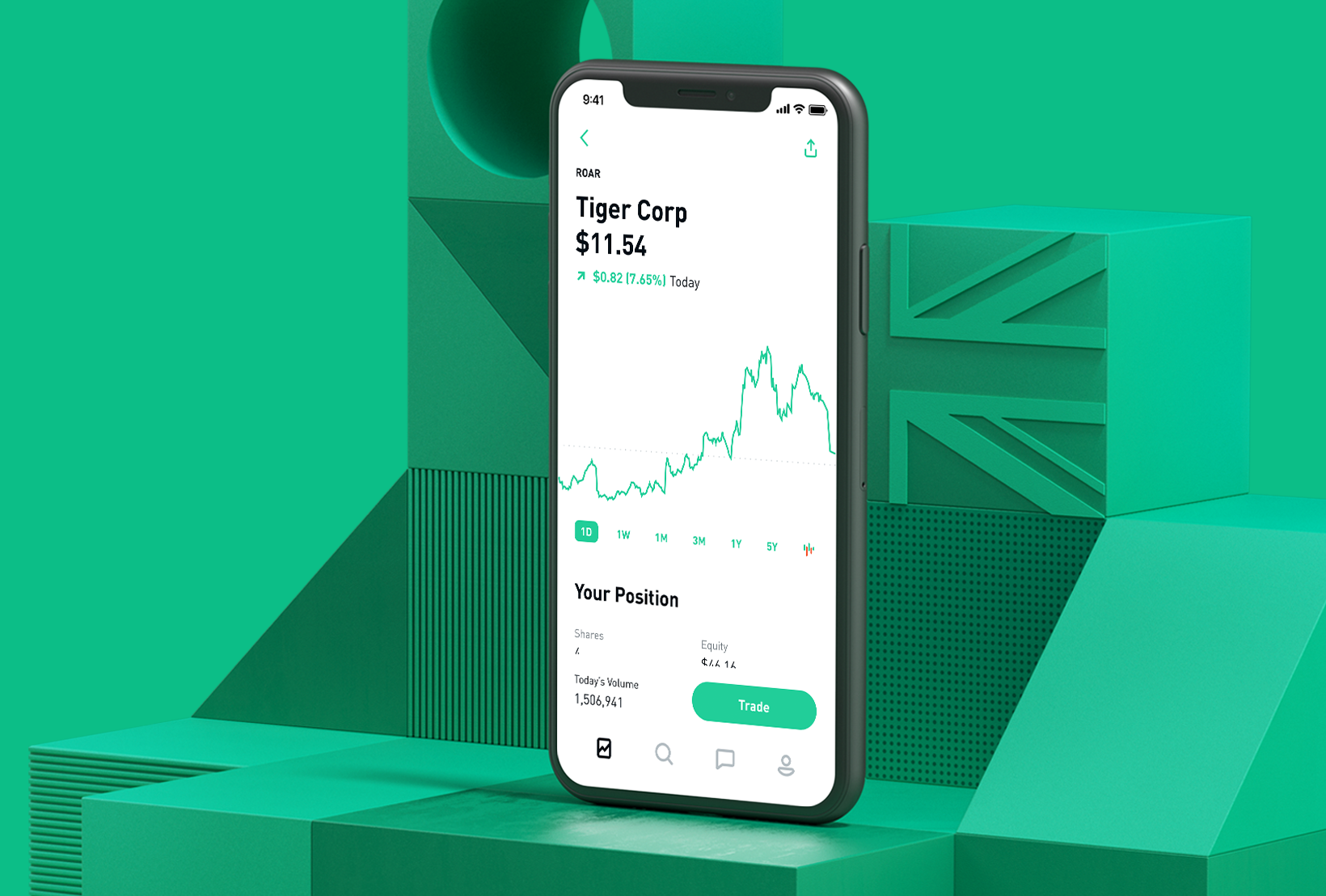A legislative committee has reduced the scope of a technology measure that would have targeted firms like Amazon, Google, Apple, and Facebook in an effort to give people greater control over their online presence.
In order for customers to know when and if their personal data is gathered, the bill imposes new disclosure rules and mandates that businesses obtain consent before collecting and selling customers‘ personal data. Additionally, it stops businesses from selling a person’s personal information without that person’s agreement to a data broker. The proposal is a part of the top priorities pursued by Republican governor Ron DeSantis, who wants to strengthen consumer privacy safeguards, prevent censorship, and codify “digital rights” into state law. The content monitoring measure desired by DeSantis in particular is included in Florida’s legislation, but tech companies worry that it is once more unconstitutional.
Warning
The Computer & Communications Industry Association issued a warning about the Florida bills, saying they provide customers the option to refuse the sale of their information, the right to access the information a corporation has on them, and the right to ask for their erasure or correction. This year’s bill does not include language allowing users to bring legal action against companies if they can demonstrate that their data was sold in violation of the proposal, but it does prohibit government officials from asking social media companies to remove content or certain users, with exceptions for criminal activity or matters involving public safety.
The co-founder and CEO of QRX Labs, Alexander Fedorowicz, testified before the Senate Rules Committee that permitting users to opt–out of online advertising might have a significant influence on his business’s financial performance. Senators were informed by Jon Potter of the Connected Commerce Council that a study of Florida’s small businesses revealed that focused digital advertising is more cost–efficient than billboards, television, newspapers, and radio, as well as more effective. In order to allay those worries, Bradley suggested, and the Rules Committee approved a rewriting of the bill that tries to restrict its application to the largest internet companies.
Targeted advertising
A bill regulating “targeted advertising” for profit businesses that generate more than $1 billion in global gross revenue and either generate 50% of their revenue from ad sales, run consumer smart speakers with voice commands, run app stores, or run digital distribution platforms has been approved by the House Commerce Committee.
The bill intends to control “targeted advertising,” which is described as the practice of a business deciding whether or not to show you an advertisement based on data gathered over time across many platforms and used to forecast your behavior. The implementation date of July 1 is too soon for firms to comply with the penalty measures, according to Adam Basford, a lobbyist for Associated Industries of Florida. The plan might have a detrimental effect on free business, Spence Purnell, head of technology policy at the libertarian advocacy group Reason Foundation, cautioned. For a final vote, the legislation will now go before the entire House and Senate.











